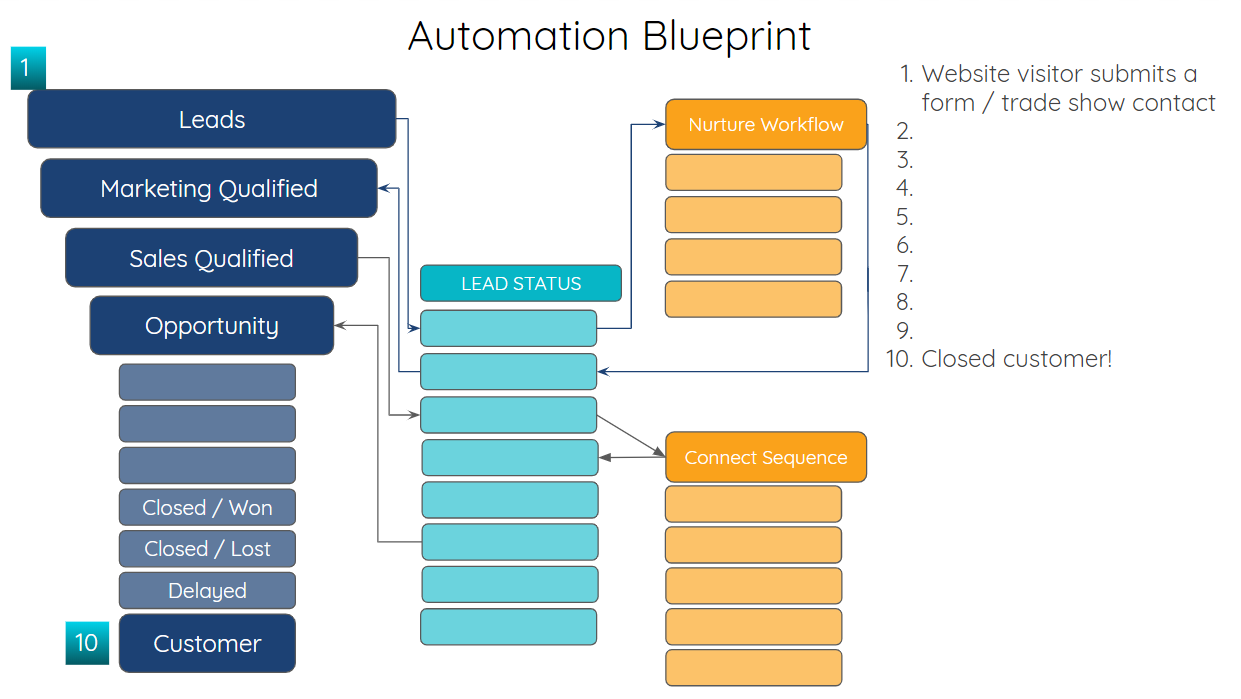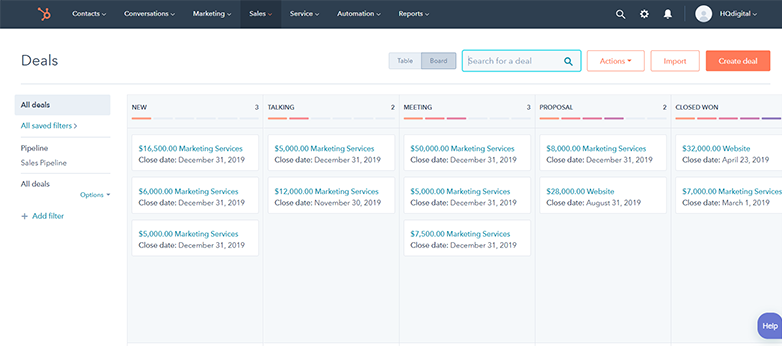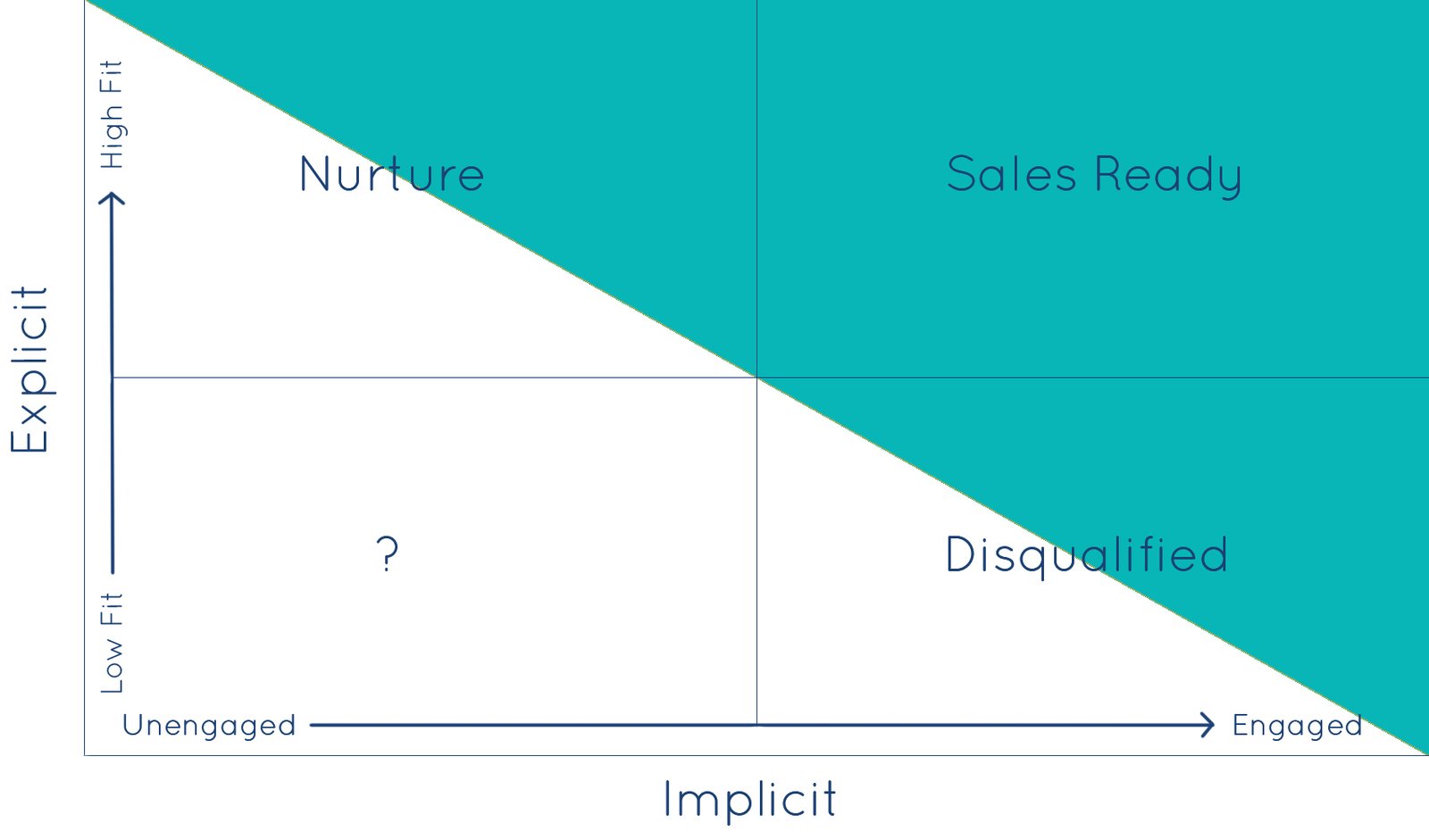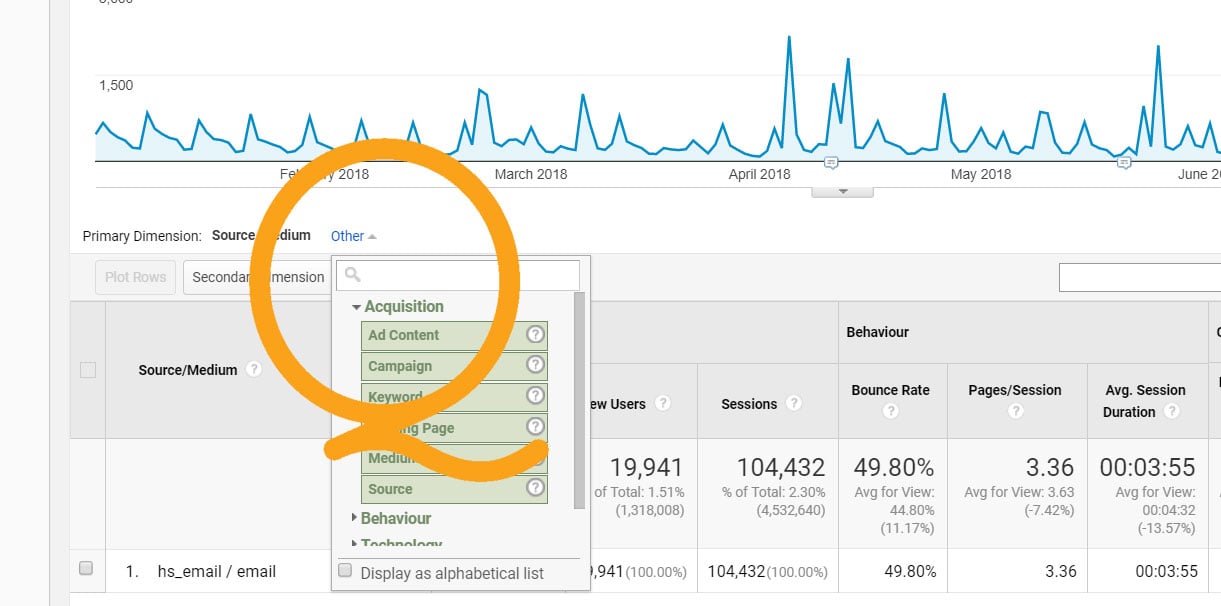
Website projects have sort of a bad rep. They're rather notorious for going over-budget, out-of-scope, over-deadline, and causing a significant amount of stress.
Being extremely organized and thoughtful upfront is your best defense against an out-of-control website project.
As a certified Project Management Professional (PMP), I recommend several crucial project management considerations to think through before embarking on your website redesign. This mindful, strategic approach will save your team considerable time, money, and best of all, headaches.
1. Scope
Clearly define what work is required upfront in a project scope document and manage the project closely to avoid any scope creep. A website can take many, many forms, from a simple one-page brochure website to a very complex, 300+ page site with ecommerce functionality and integrations bridging marketing automation, ERP systems, CRM software, and more.
A well defined project scope document helps you to avoid unnecessary functionality and costs that are known to creep up. Use your project scope document to outline how feedback and revisions will be handled, and include revisions guidelines so everyone is on the same page from Day 1. Make sure all stakeholders have reviewed and approved the scope document, and be sure this information has been shared with any partners you are working with to launch your new site.
2. Schedule
Create a complete and realistic schedule before executing the work on a project. Use the schedule as a baseline to measure performance through the life of the project. Evaluating performance against the baseline will help to determine variances, allowing your team to be aware of and immediately address any delays. Smartsheet and Float are both amazing tools for creating and managing project schedules.
When you build your schedule, be sure not to overlook any steps in your process. Common steps overlooked include proofreading, editing, QA, testing, and revisions.
3. Cost
As a marketing leader or a website project manager, managing the cost of a project is one of the most important elements of the entire endeavor. Make sure you take sufficient time to estimate all project costs upfront and determine a realistic budget. Monitoring costs throughout the life of a project will allow you to quickly act upon any variances to ensure your project stays as close to the planned budget as possible.
When estimating costs, don't forget to include budget for your CMS, analytics software, marketing automation, CRM integration, and other technology tools you'll want to include as part of your tech stack.
4. Quality
It’s better to plan in quality than to inspect and find problems with your deliverables. Create a formal document of Website Standards upfront to head off any quality issues. Meet with your team early and often to confirm all deliverables are meeting the required standards you've established. Don't let projects go too far without reviewing the quality of work produced.
Also, don't overlook the importance of a professional editor or proofreader! It's startling how many companies and agencies let typos and other errors get through simply from lack of editing. Always have a second set of eyes review all of your website work, including checking for spelling and grammar errors, as well as functionality of links and other interactive elements of the site.
5. Resources
It's important to estimate what resources you'll need, to estimate duration of each task for those resources, and manage and control the resources throughout the project. Make sure you take into consideration all of the roles you'll need to be part of the project, and make sure you've accounted for any planned time off. Keep in mind that human beings are notoriously bad at estimating time, so consider having your team estimate in terms of relative effort.
6. Communication
Always keep communication at the top of your list of concerns when working on a project. Determine and confirm upfront what channels you will use to communicate at various stages of the project.
Think through common communication hurdles: have you provided the right collaborative tools for the team to communicate? Is your team co-located? Or are they spread out in different geographic regions? If you're not all working in the same space, use a communication tool like Slack or Zoom to communicate instantly by chat, call, or video conference.
7. Stakeholders
Identify those who are invested in the success of the project upfront and plan how you’ll communicate updates to them. You'll want to be sure those who are invested in your website's success are up-to-speed on its progress as well as any issues or setbacks that may arise.
Keep in mind that your stakeholders may not have the same digital background as those on your web team, so it's important to make sure all stakeholders understand the scope, budget, resources, and quality of work involved in the project.
8. Lessons Learned
Capturing lessons learned should be an ongoing effort throughout the life of the project. Successes and failure can be applied to future projects within your organization to help improve project success rates.
Use an iterative, agile process to build your website so that your team can continuously apply its new learnings and improve over time. Meet with your team at the close of each cycle to review the good, the bad, and the ugly with regard to the project so far, and always view failures as learning opportunities whose lessons can immediately be applied going forward.
A website redesign project is rarely a simple undertaking, but taking the time and effort to address these common project management hurdles upfront will save you considerable time, stress, and money over the course of the entire project.
Make your website work harder for you with strategic optimization. Get started now with a free website audit from HQdigital. Click below to schedule your free website audit now.








